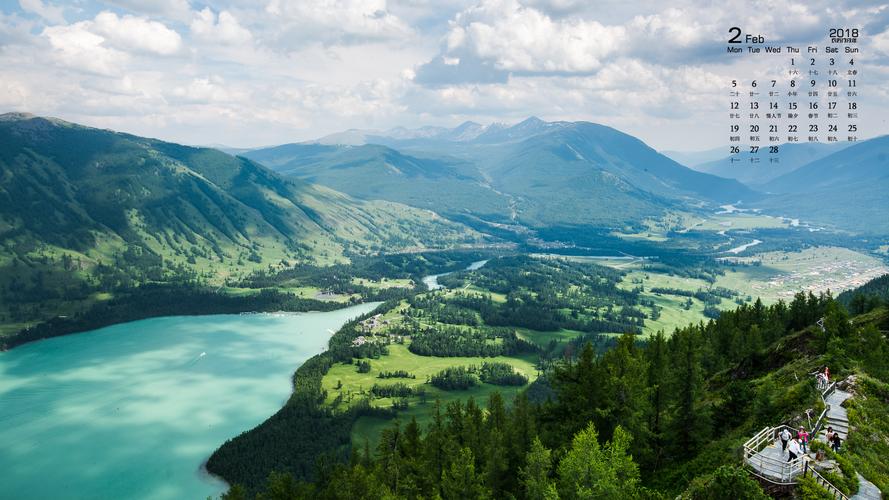Possible blog article:
Exploring the Richness of Cultural Heritage Events Around the World
Cultural heritage events provide a window into the diverse traditions, values, and identities of human societies. From religious festivals to ethnic parades, from historical reenactments to literary fairs, these events showcase the creativity, resilience, and continuity of cultural expressions. By attending or participating in such events, we can learn more about ourselves and others, appreciate the beauty and complexity of different cultures, and foster mutual respect and understanding. In this article, we will explore some of the most fascinating cultural heritage events around the world, and reveal the hidden gems that make them worth experiencing.
I. Religious festivals
Religious festivals epitomize the spiritual and social dimensions of human existence, as well as the cultural and artistic forms that reflect them. Some of the most famous religious festivals include:
a. Kumbh Mela (India): a Hindu pilgrimage that attracts millions of devotees to bathe in the sacred rivers and seek blessings from saints and gurus, held every 12 years in different locations.
b. Ramadan (Middle East): a month-long period of fasting and prayers for Muslims, marked by sunset feasts and community gatherings, followed by Eid al-Fitr, a joyous celebration.
c. Dia de los Muertos (Mexico): a blend of indigenous and Catholic traditions that honors the dead with colorful altars, food, music, and parades, typically held on November 1st and 2nd.
II. Ethnic parades
Ethnic parades showcase the diversity and creativity of immigrant and minority communities, who often use visual and performative arts to express their identity and pride. Some of the most vibrant ethnic parades include:
a. Carnival (Brazil): a week-long spectacle of samba, costumes, and floats that unites Brazilians of all backgrounds in a frenzy of joy and nostalgia, held in Rio de Janeiro and other cities.
b. St. Patrick’s Day (Ireland/USA): a commemoration of the Irish Christian missionary who became the patron saint of Ireland, celebrated with parades, green-clad crowds, and Irish music and dance, now also popular in the USA and other countries.
c. Chinese New Year (China): a lunar-based festival that marks the beginning of the new year according to the Chinese zodiac, celebrated with dragon and lion dances, fireworks, family reunions, and gift-giving traditions.
III. Historical reenactments
Historical reenactments recreate the past through live performances, costumes, props, and settings, bringing to life the people and events that shaped our collective memory and imagination. Some of the most impressive historical reenactments include:
a. Battle of Waterloo (Belgium): a multi-day pageant that commemorates the decisive battle of 1815 between the allied forces of Britain, Prussia, and the Netherlands, and the French army led by Napoleon Bonaparte, with thousands of volunteers and actors in period dress and equipment.
b. Festa della Sensa (Italy): a Venetian tradition that reenacts the symbolic union of the Republic of Venice and the sea, with a ceremonial boat procession, the wedding of Venice to the Adriatic, and a regatta among gondolas and traditional boats.
c. Battle of Gettysburg (USA): a reenactment of the deadliest battle of the American Civil War, with thousands of participants and spectators, realistic sounds and visuals, and educational programs on the social, political, and military history of the era.
IV. Literary fairs
Literary fairs celebrate the power and diversity of writing and reading, bringing together authors, publishers, booksellers, and readers in a festive and intellectual atmosphere. Some of the most renowned literary fairs include:
a. Hay Festival (Wales): a global forum for literature, science, and arts that features hundreds of events and speakers from around the world, held in a small town in Wales since 1988.
b. Frankfurt Book Fair (Germany): the largest book fair in the world, where publishers, agents, authors, and booksellers meet to showcase their latest works, negotiate deals, and exchange ideas on the future of the industry.
c. Jaipur Literature Festival (India): a colorful and dynamic festival that celebrates the richness and diversity of Indian literature and culture, with a mix of established and emerging writers, musicians, actors, and activists, held in the pink city of Jaipur.
V. Conclusion
Cultural heritage events offer a kaleidoscope of experiences and knowledge, enriching our lives and our sense of belonging to a global community of cultures. They remind us of the power of creativity, imagination, and solidarity in shaping our past, present, and future. By exploring the richness of cultural heritage events around the world, we can learn more about ourselves and others, and cultivate a sense of empathy, curiosity, and appreciation. Let us celebrate and cherish them as vital expressions of human diversity and beauty.
(Note: Do you have knowledge or insights to share? Unlock new opportunities and expand your reach by joining our authors team. Click Registration to join us and share your expertise with our readers.)
Speech tips:
Please note that any statements involving politics will not be approved.
